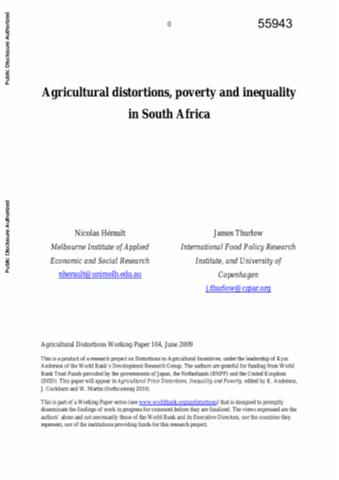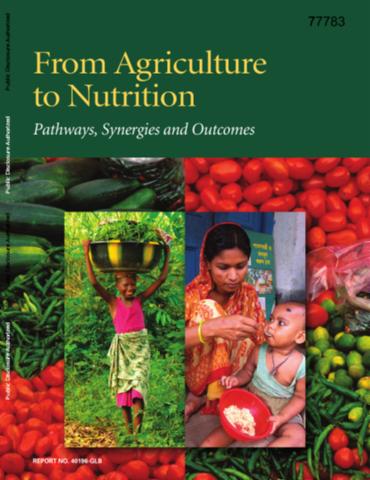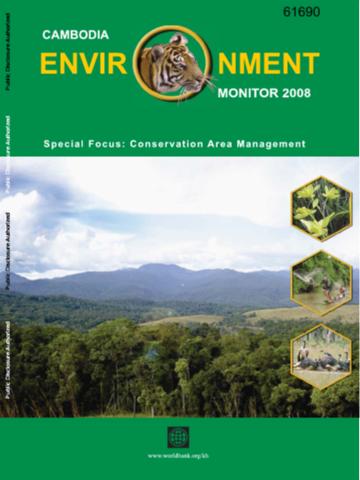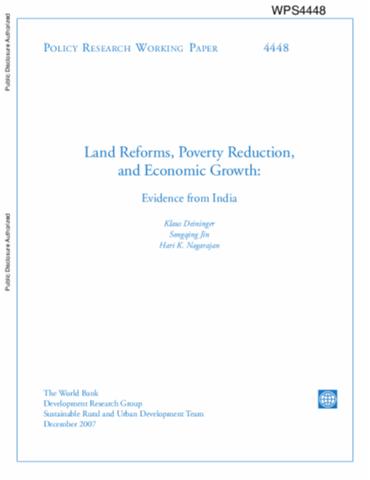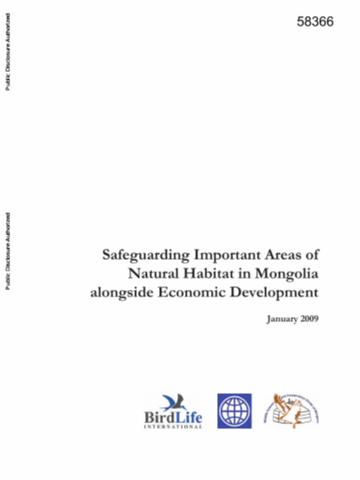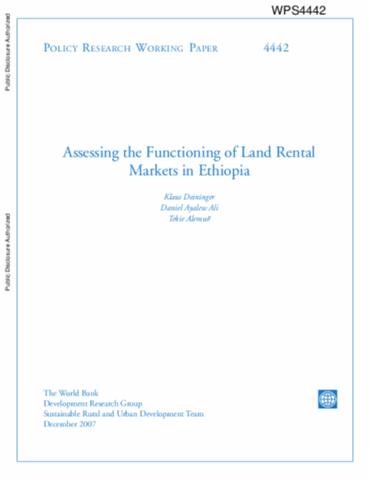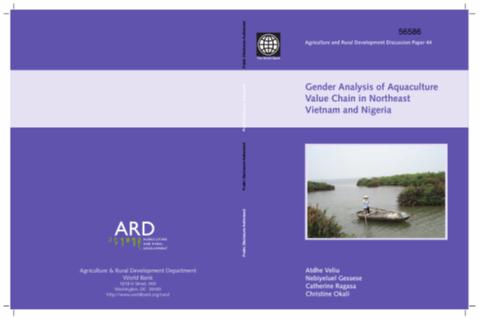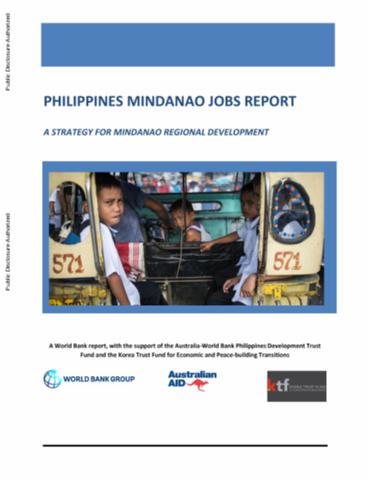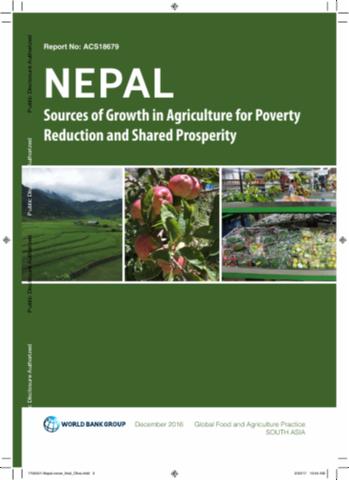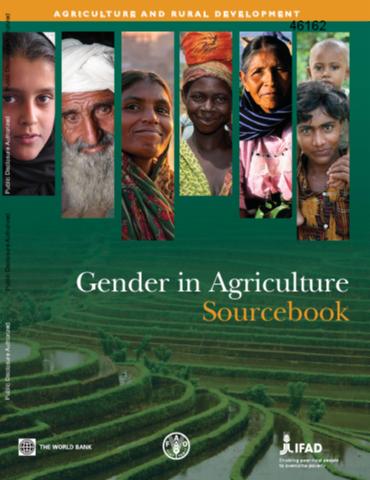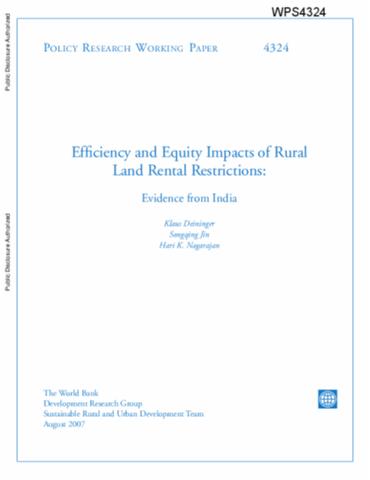Agricultural Distortions, Poverty, and Inequality in South Africa
South Africa has rapidly reduced trade barriers since the end of Apartheid, yet agricultural production and exports have remained sluggish. Also, poverty and unemployment have risen and become increasingly concentrated in rural areas. This paper examines the extent to which remaining price distortions, both domestic and foreign, are contributing to the underperformance of the agricultural sector vis-a-vis the rest of the economy. The author draws on a computable general equilibrium (CGE) and micro-simulation model of South Africa that is linked to the results of a global trade model.

